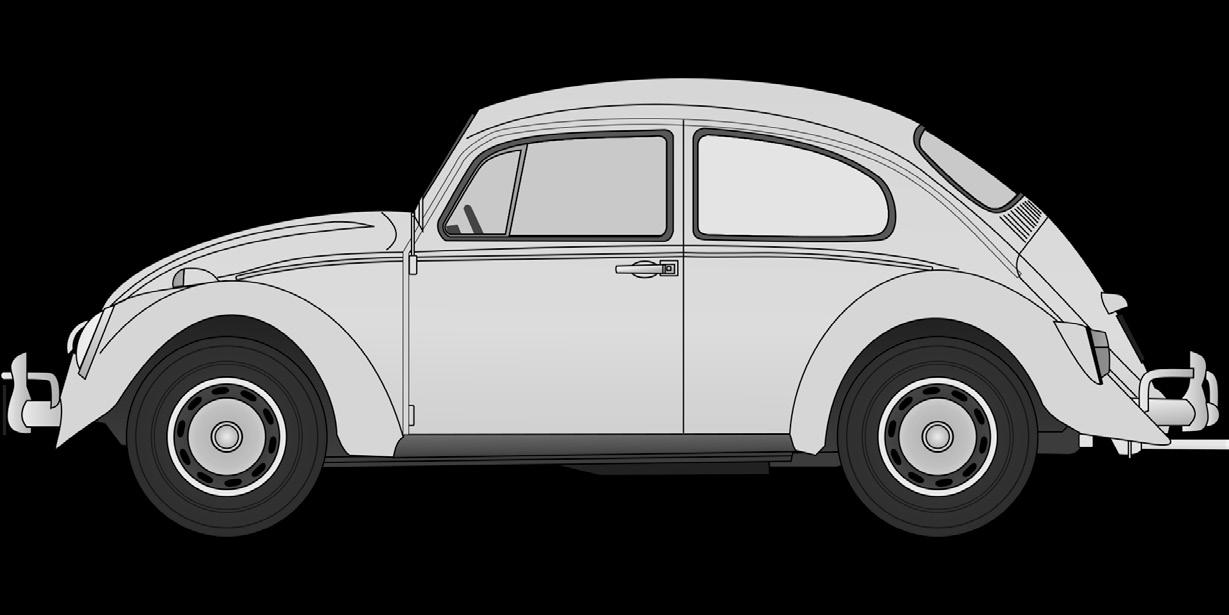Questions and Answers ◆ Why do we need questions? Questions are very important. We use questions to get information, of course, but also to communicate with people, to get to know each other better.
◆ Don’t we have enough questions in class?
Sa m ple
Textbooks have lots of questions, but how we use them in class needs to change. Many language learners simply think, “Can I answer it or not?” or “Is this the right answer or not?” Learners race through the activities, trying to finish as quickly as possible. We need to think more about how to develop communication.
◆ What kind of questions will we be asking? 1.
Yes / No information questions We practise these with creative “lateral thinking” puzzles. Your goal is to find the answer to the puzzle by asking lots of “Yes / No” questions.
2.
Wh- information questions Our goal is to memorize, ask, and answer general knowledge questions. Try the 5-minute Crossword Puzzle Challenge!
3.
Speed questions These are everyday questions that we practise at speed. Too much thinking time can be a conversation killer! Successful learners need to develop quick responses.
4.
Questions for communication These are everyday questions we can choose to develop, discuss, and use to learn more about each other. The key point here is not what we ask but how we answer. This is a great chance to enjoy using English with your friends.
◆ Is “Practice, practice, practice!” enough? Sadly, no. You need to pay attention. You need conscious practice. You need deliberate practice. You need to think about your weak points and work to improve them. Good luck. We hope you enjoy Any Questions?
4
Any Questions?



